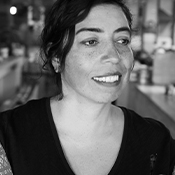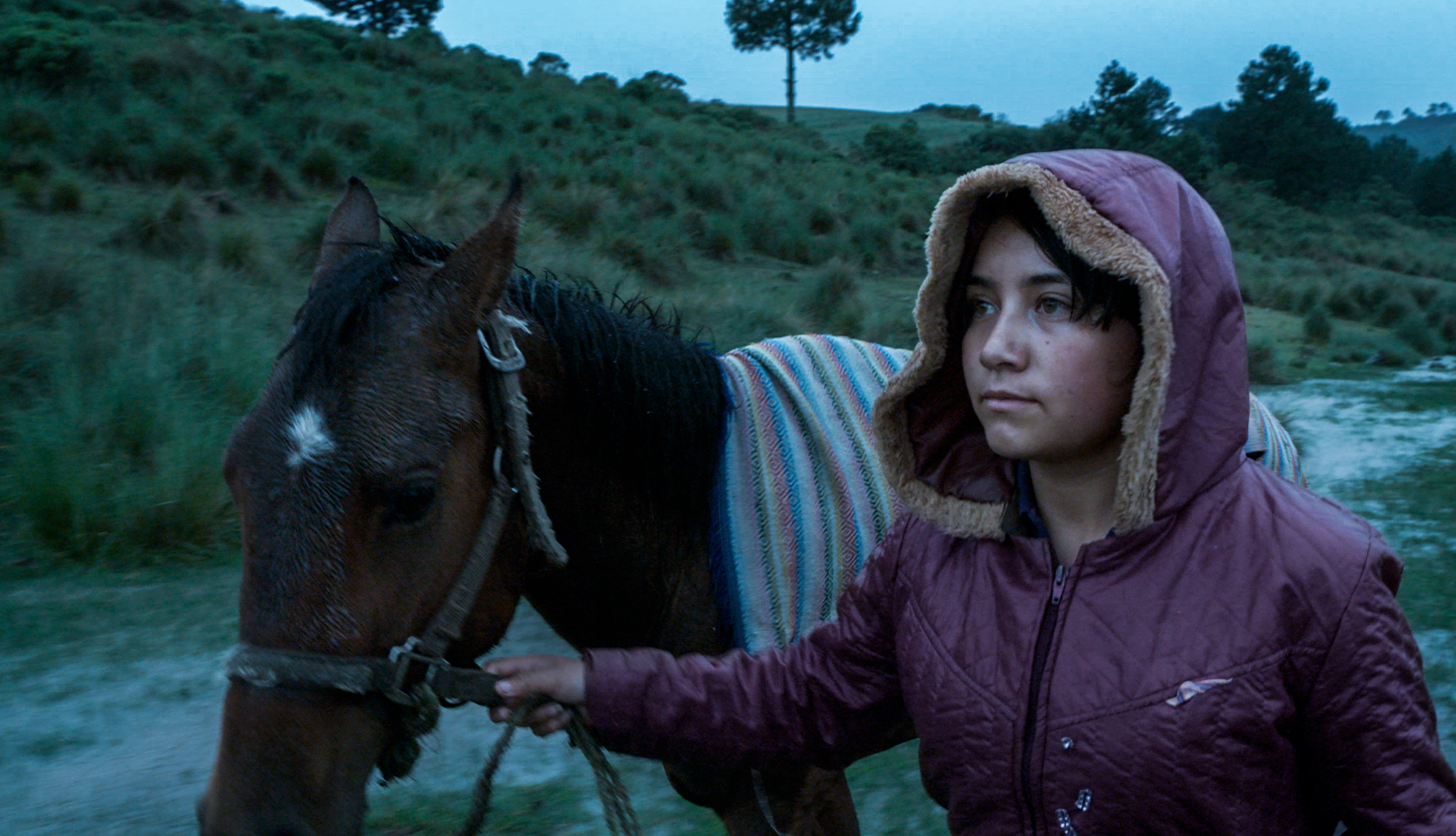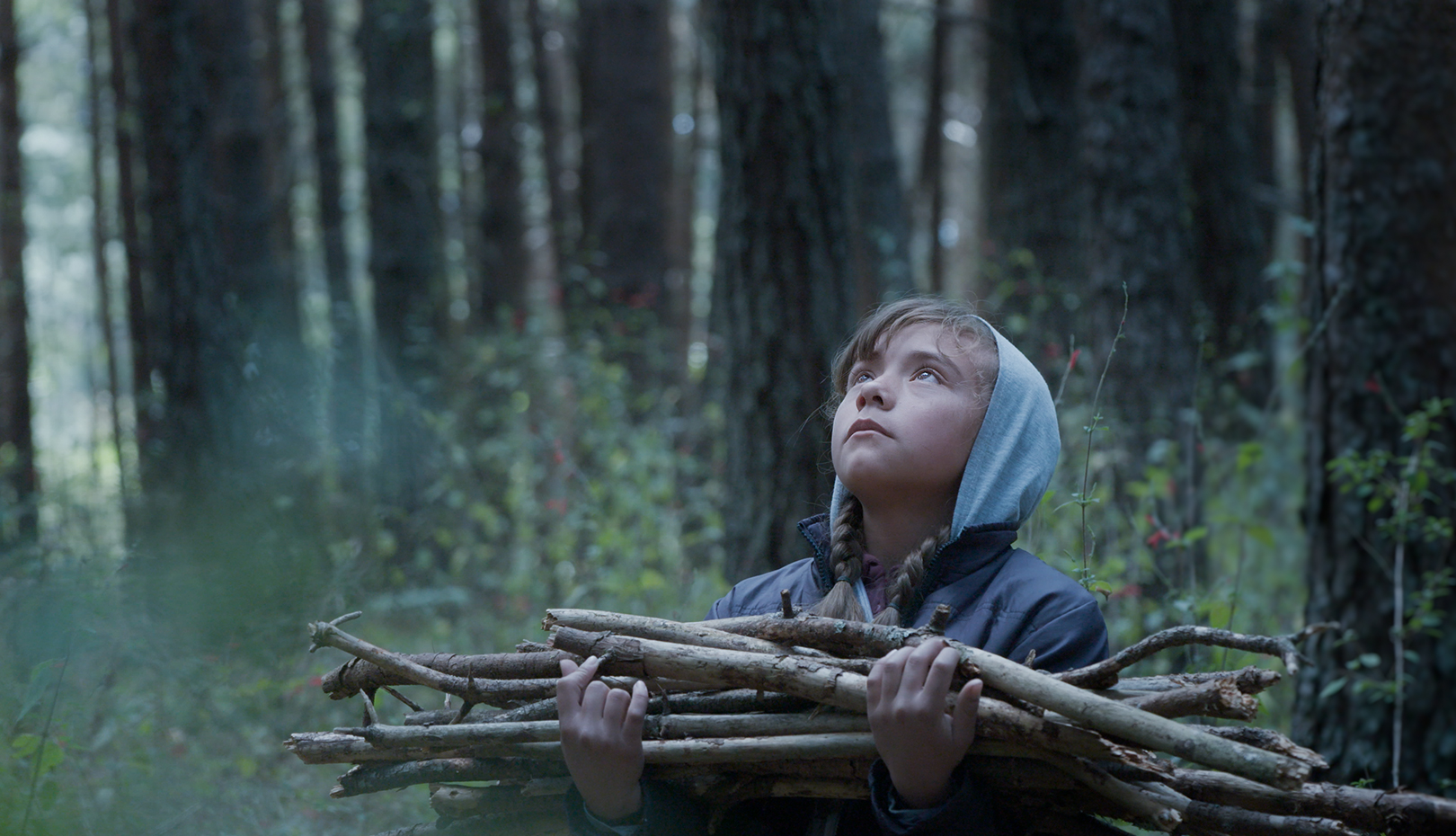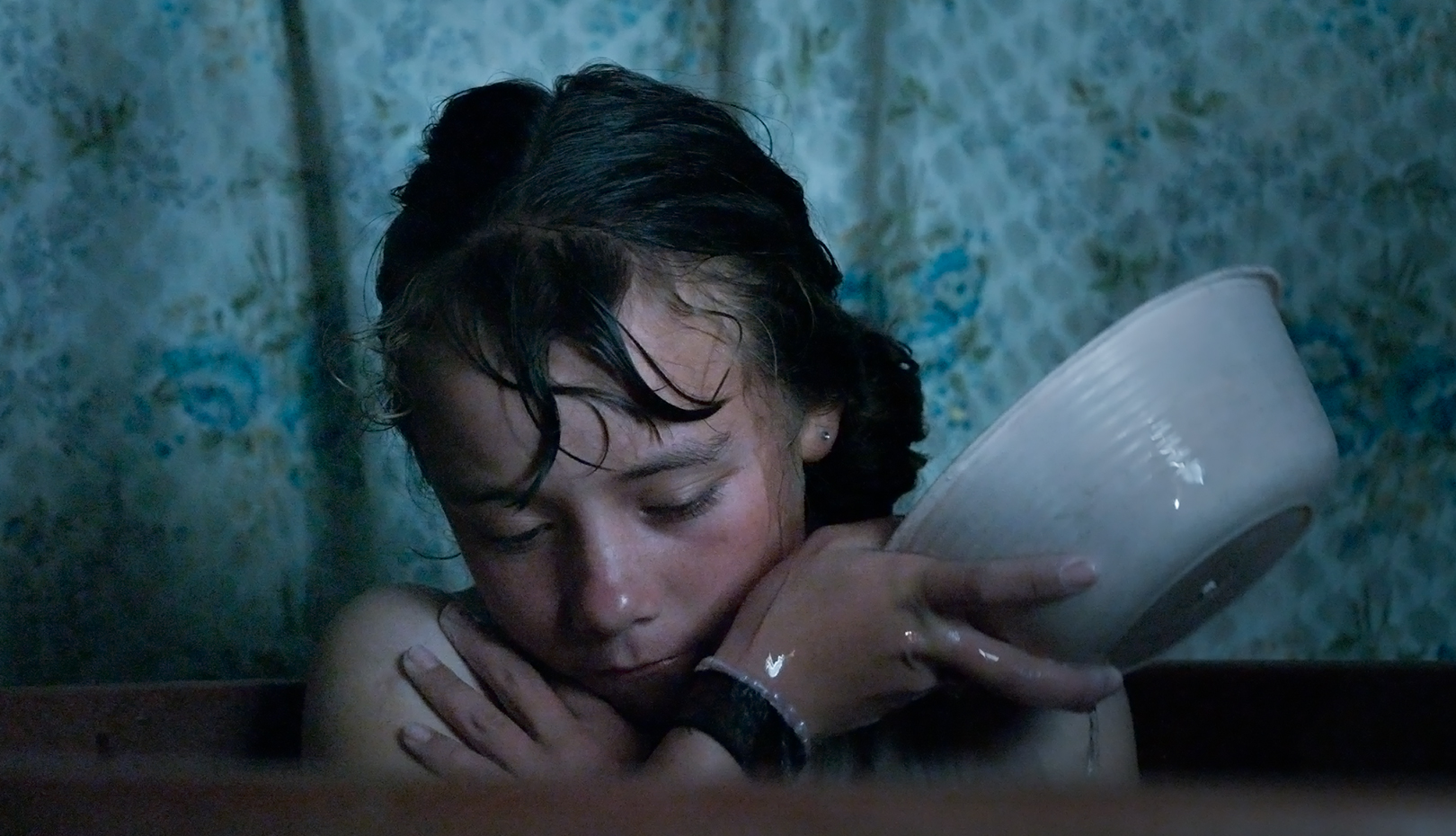The Echo
Tatiana HUEZO
- Mexico, Germany
- 2023
- 102min
- G
- DCP
- color
Korean Premiere
Synopsis
In the remote village of The Echo that exists outside of time, the children care for the sheep and their elders. While the frost and drought punish the land, they learn to understand death, illness and love with each act, word and silence of their parents. A story about the echo of what clings to the soul, about the certainty of shelter provided by those around us, about rebellion and vertigo in the face of life. About growing up.
Review
El Eco is the name of a small village in the highlands of northern Mexico. Here, women and children run the day-to-day operations. The adult men have usually left for the city to earn money. Moreover, the drought caused by climate change makes their lives even more harsh. Tatiana Huezo, whose previous film, Prayers for the Stolen, also focused on women and children coping with the devastation, captures the daily lives of those who remain in the village. Her focus is on the world of children. In a school with no teachers, children look after each other and teach each other. It's as if they can sustain the world on their own, even in the absence of adult care. However, girls, who are forced to take care of animals and the elderly from a young age, have to learn to weigh their dreams against reality very early on. While showing the harsh reality of the characters, The Echo is full of concerns about the ethical distance to avoid easy sympathy or objectification. Without relying on interviews, narration, or any other external sound, the film quietly captures the scenes of their harsh lives and the sounds of nature and daily life that surround them. The landscape of the remote village, the sounds of nature and daily life, and the quiet faces of the girls with all kinds of emotions create a moment that resonates. It is the most poetic cinematic moment.
Director
-

Tatiana HUEZO
Mexican-Salvadoran filmmaker Tatiana Huezo gained an international reputation with her feature debut, The Tiniest Place (2011), which screened at more than 80 international festivals. She has given conferences and taught classes in academic spaces like La Escuela de Cine de la Comunidad in Madrid, École cantonale d'art de Lausanne, University of California Santa Barbara, The Green House in Israel as well as the CCC, among others.


